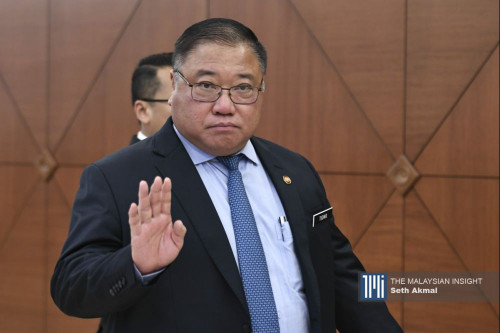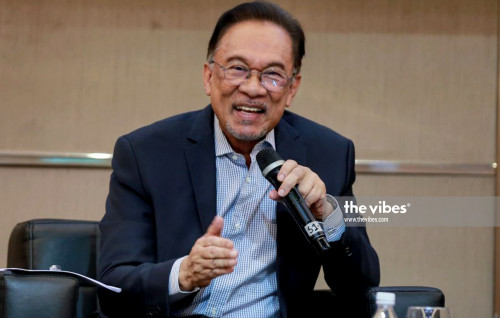THIS is an open letter to all media practitioners, especially editors, MPs, state assemblies, and ministers. We thank those of you who have demonstrated support for persons with disabilities. With Malaysia’s aspiration to be a developed nation, it is time to consider the use of inappropriate language when referring to persons with disabilities and disability-related matters. How do we use terminology that shapes behaviour to break barriers and exclusion? Not reinforce those.
Respectful and appropriate disability language in communication acknowledges the dignity and celebrates the diversity of persons with disabilities. It does not reinforce negative stereotyping and derogatory labels that connote pity and lesser value. Each time that respectful and appropriate language is used, it is a blow to discrimination on the basis of disability.
Respectful and appropriate disability language also recognises that disability is not the defining characteristic of a person but rather one aspect of individual identity and experience.
We would like to share some general principles of respectful and appropriate disability language and hope that this will translate into better media reporting and comments or statements made by ministers, MPs, and state assemblies.
First, it is important to respect the preferences and choices of persons with disabilities regarding how to be referred to. When in doubt, just ask the person with a disability.
Second, please avoid euphemisms or terms that are patronising, offensive, or inaccurate. For example, do not use terms such as “special needs”, “differently abled”, “handicapped”, or “mentally retarded”. These terms imply that disability is something to be ashamed of, hidden, or avoided. It reinforces the medical model that views disability as “an anomaly” to be medically “fixed” and persons with disabilities as “damaged” and “incomplete”. Instead, acknowledge the centrality of the person and use clear and respectful terms, such as “disability”, “accessibility”, “accommodation”, or “inclusion”.
One common incorrect reference to the non-disabled population is “normal” or “healthy.” This reinforces the wrong view that persons with disabilities (the OKU community) is somehow “abnormal” or “unhealthy”. It is best to use “non-disabled” in place of “normal” or “healthy”. And use “neurotypical” instead of “of sound mind.”
Third, avoid terms that underscore a “victim” attitude towards disability, such as “suffering from”, “afflicted with”, “confined to”, or “incapacitated by”. These terms perpetuate outdated views that disability is a burden, a tragedy, and a source of pity. Instead, use neutral or positive terms, such as “living with”, “experiencing” or “has”.
Some may prefer identity-first language, such as “autistic person” or “deaf person”, rather than person-first language, e.g., “person with autism”.
Below are suggested terms to use and words to avoid for some common disabilities; they are not exhaustive. These suggested terms are in accordance with international good practice – see the 2022 United Nations Disability-Inclusive Communications Guidelines.
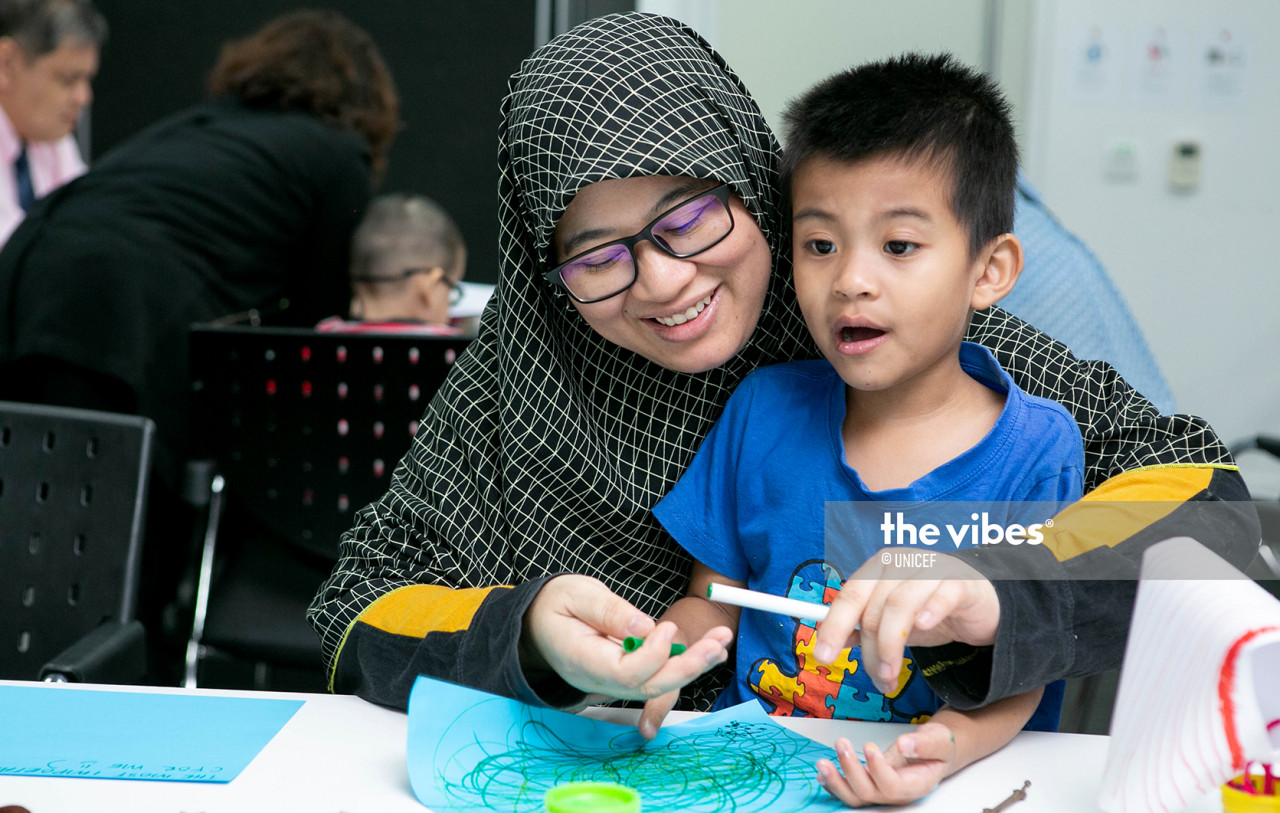
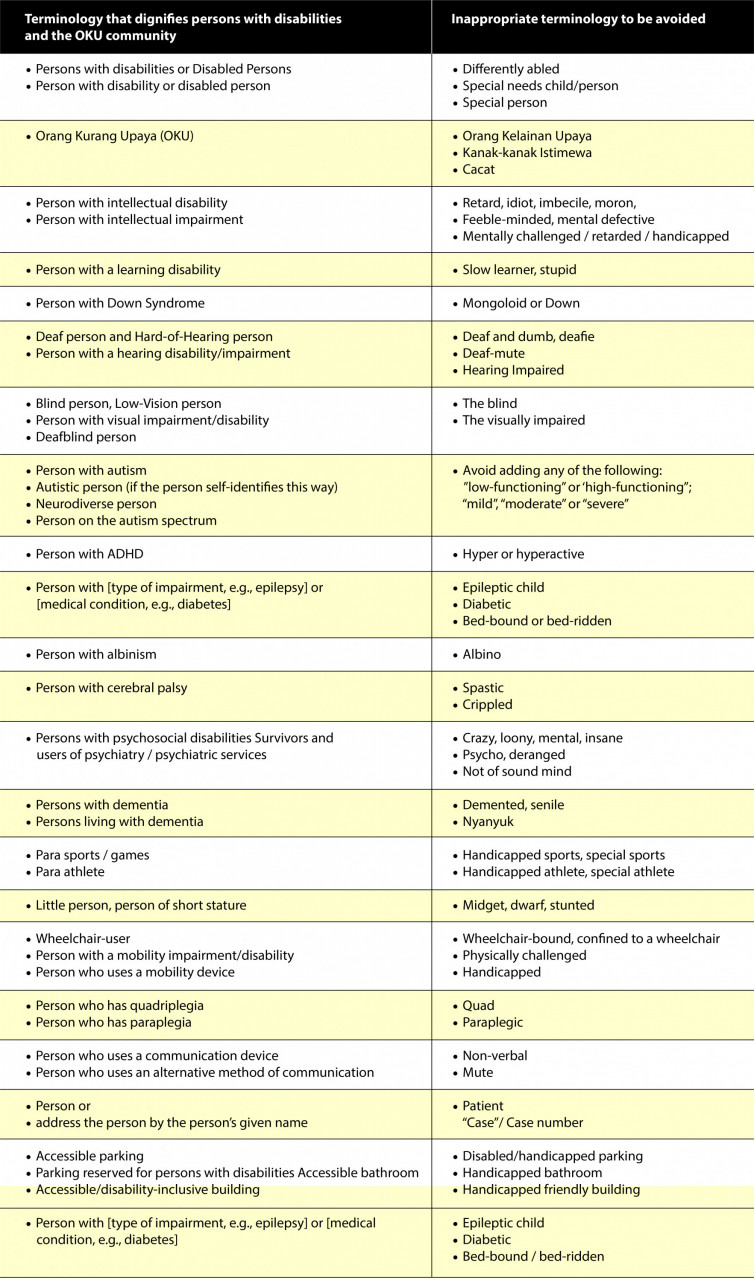
Respect each other
Language is constantly evolving. The change happens as disabled persons change, as do community understandings of our relationships, rights, place in society, and aspirations for the future.
The key is to remain respectful of each other as we work towards ensuring that everyone’s place in society is enabled and we grow as an inclusive society.
Using respectful and appropriate language empowers the individual and the community. It is time that we as a nation change our use of demeaning terminology to respect persons with disabilities.
Let us remember this: disability does not limit a person; it is the inaccessible environment that stops progress. And our choice of language shapes that environment. – The Vibes, June 15, 2023
This letter is signed by 88 signatories, comprising individuals and groups working to support and advocate for persons with disabilities. The lead signatory is Datuk Dr Amar-Singh H.S.S., a person with dyslexia, child-disability activist, adviser for the National Early Childhood Intervention Council, and member of the OKU Rights Matter Project.



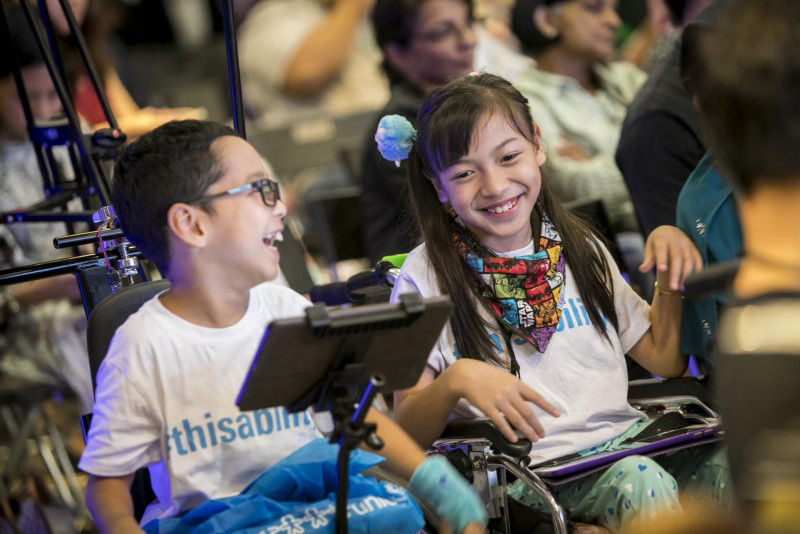
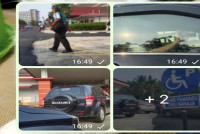

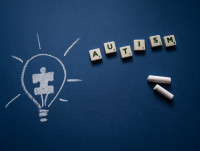

_by_drive_thru_at_Sime_Darby_Plantation_Berhad__Ara_Damansara_-_AZIM_RAHMAN13.JPG)
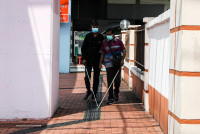


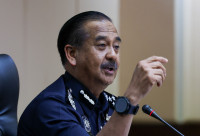

_flanked_by_wong_(right)_and_haryany_(left)_at_the_museum.jpeg)
